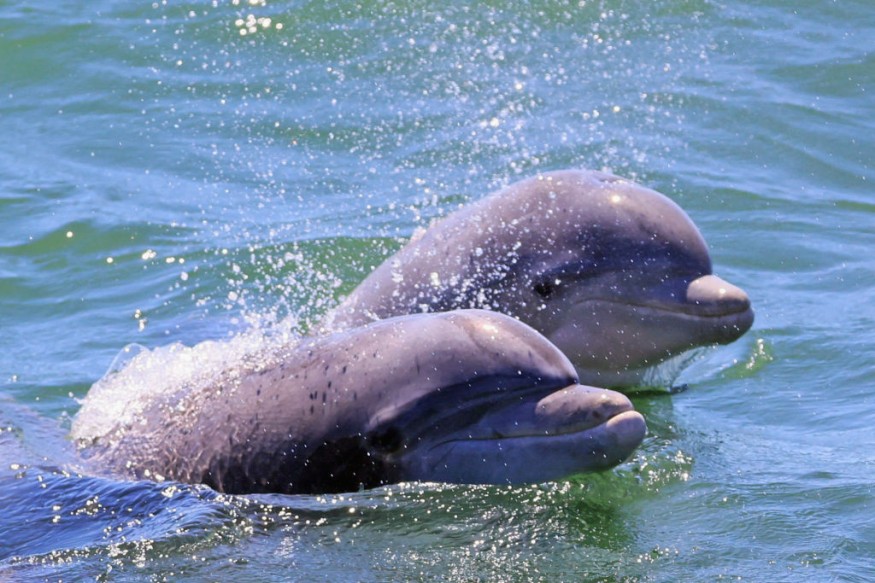Researchers highlighted that juvenile and playful dolphins are considered more successful in reproducing. Additionally, these dolphins are likely to father their offspring.
Dolphins are fascinating marine creatures known for their playful behavior. Discovering new dolphin information can offer insights into conservation efforts and protecting these animals from declining populations.
According to reports, dolphins are also threatened. These animals are affected by pollution, fishing gear entanglement, predation, vessel strikes, and climate change. While most dolphin populations are not experiencing a decline, understanding successful reproduction is crucial for adult dolphins.
Dolphin's playful behavior and reproductive success

The University of Bristol report analyzed the activity of juvenile male bottlenose dolphins. These love to play or socialize together, indicating they are more successful at reproduction as adults. Additionally, the findings highlight that bottlenose dolphins can father more offspring.
The findings shed light on the link of juvenile social play to the dolphins' reproductive success. To support these claims, the researchers monitored juvenile male Indo-Pacific bottlenose dolphins found in Shark Bay, Australia.
As juveniles, the report noted that the kind of playstyle shown has immature versions. However, this behavior, which allies with other dolphins, helps the dolphins to secure access to females. These bonds often occur between males, which showed close bonds during their juvenile years.
While linking playful behavior to reproductive success is complex, the researchers emphasize that the study findings provide compelling evidence about its effects. The findings, published in a journal of Proceedings of the National Academy were conducted by experts from the University of Bristol and Western Australia.
In addition, the findings present new insights into the evolutionary play behavior of these animals, which future researchers can also study with other species.
Widespread plastic pollution effects on marine ecosystems
In a related report, dolphins are affected by the widespread use of plastic. This pollution has significantly impacted marine animals, including dolphins. Additionally, a recent report raised concerns about the consequences of microplastic on aquatic ecosystems and goldfish.
The report was published in Comparative Biochemistry and Physiology Part C: Toxicology & Pharmacology.
The researchers studied how microplastics can affect the health of marine creatures, particularly golden fish. The increasing production of plastic has posed a significant concern, as marine animals can consume these tiny particles.
Researchers analyzed the impacts of microplastic on golden fish behavior, noting the potential stress and poor health effects on these species. In addition, the high level of exposure can harm the animal's DNA and its survival in the ocean.
Consequently, understanding the effects on marine animals, including dolphins and goldfish, is essential to mitigating the potential consequences on these many species.
Related Article : Microplastic Particles Found Inside the Bodies of Whales and Dolphins
For more similar, don't forget to follow Nature World News.
© 2025 NatureWorldNews.com All rights reserved. Do not reproduce without permission.





